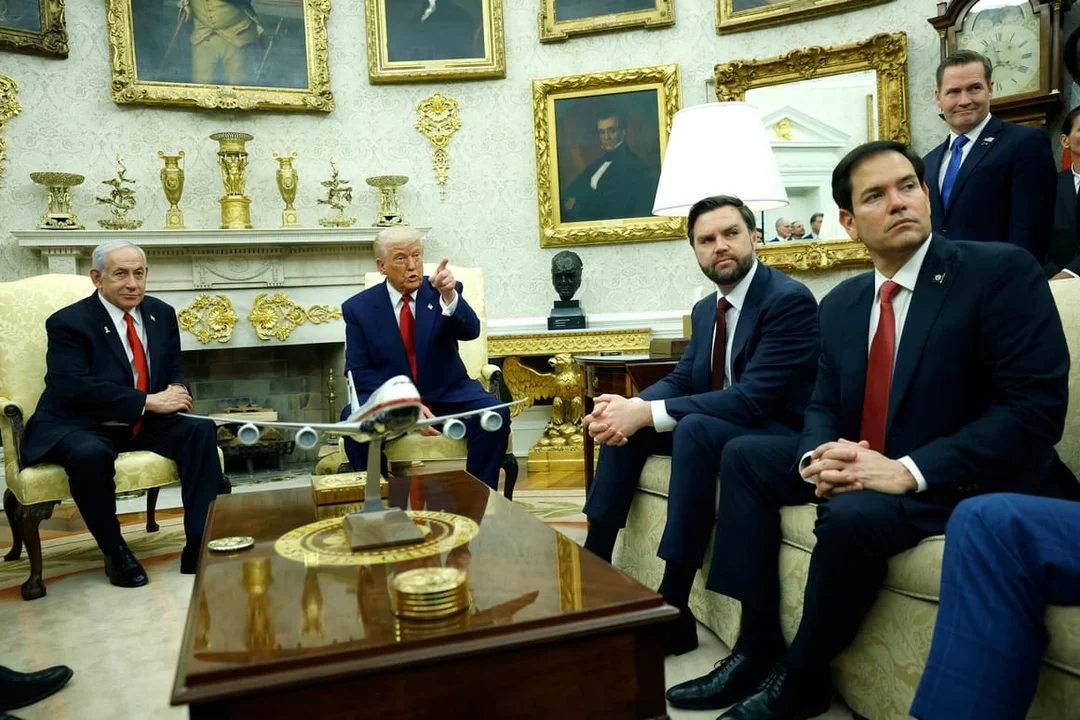
Trump Rejects EU’s Tariff Proposal, Demands $350B in US Energy Purchases
In a recent development in the ongoing trade tensions between the United States and the European Union, former President Donald Trump has outright rejected the EU's latest tariff proposal. Trump, who has been vocal about his dissatisfaction with current trade agreements, dismissed the EU's 'zero-for-zero' tariff proposal as 'very, very bad,' indicating that it does not adequately address the trade imbalances he perceives.
Trump's rejection comes with a bold demand: he insists that the EU must purchase $350 billion worth of US energy products to even begin discussions about tariff relief. This move is seen as an attempt to leverage the EU's energy needs to gain concessions in other areas of trade. The proposal from the EU aimed at eliminating tariffs on both sides but failed to meet Trump's expectations, particularly regarding the treatment of US car exports compared to Japan.
This latest standoff underscores the complexities and high stakes in US-EU trade relations, with energy becoming a central point of contention. As negotiations continue, the global economic landscape watches closely to see if a resolution can be reached that satisfies both parties.